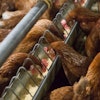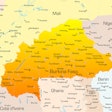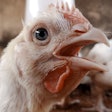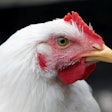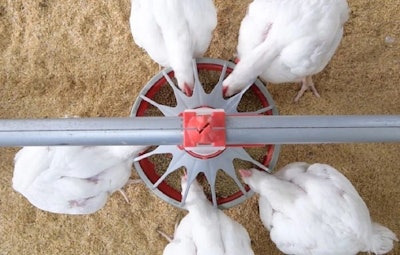
Despite a number of misgivings, national industry body, the South African Poultry Association (SAPA), has vowed to cooperate with an inquiry into the poultry market announced recently by the Competition Commission (CC).
However, in response to the announcement, SAPA said it sees no justification for such an investigation. Furthermore, it has contested some of the statements made by the CC.
Earlier this month, the CC launched the inquiry, which will cover both the chicken meat and hen egg markets in South Africa.
Draft terms of reference have been published with regard to the Competition Act 89 of 1998. Stakeholder and members of the public are invited to respond to the CC by March 8.
The CC’s final report is scheduled for publication within 18 months.
Basis for the Inquiry
For the CC, chief economist James Hodge said that chicken and eggs are important sources for many South Africans — particularly for those with low incomes — and so it is important to ensure fairness in the poultry market.
“A poultry market inquiry into the concentrated and integrated structure of the industry can complement other initiatives to improve the competitiveness of the industry to the benefit of consumers and smaller participants,” he said.
Five objectives for the inquiry are set out by the CC, considering both the broiler and layer sectors.
Firstly, the body will examine whether the features of the markets distort competition within the value chain. The CC offers the examples of pricing and access to inputs such as genetic stock, parent stock, feed, eggs, day-old chicks, slaughterhouses, processing facilities, and cold-chain logistics.
Another aspect to be studied is the extent to which large integrated producers exclude small and medium-sized enterprises (SMEs), and those owned by historically disadvantaged people, from participating in the value chain.
A third aspect of the market to be examined is the extent of any imbalances in negotiating power and market intelligence between the large integrators and their contract growers. The CC implies that if such imbalances exist, they could be detrimental to the growth and sustainability of small-scale producers and new entrants.
Furthermore, the inquiry will examine the ease of access for independent poultry producers to the retail, quick-service restaurant, and further processed food markets.
Last but not least, the CC will identify remedies to any adverse effects to competition that are revealed by the inquiry.
Summary of the industry’s response
Once again, SAPA asserts that the national poultry industry’s main competition comes from imports. In particular, it sees the main threat coming from large U.S. producers with a weekly output more than twice that of the whole of the South African.
What the industry has repeatedly requested is protection against unfair and dumped imports, it says.
SAPA continues that the nation’s 2019 Poultry Master Plan committed the government to helping to curb imports, to act decisively against illegal and dumped chicken imports, and to promote local industry growth and job creation.
It denies that the South African poultry industry is uncompetitive, citing international studies that show the country to be among the world’s lowest-cost producers.
Over recent years, the industry has been challenged by rising feed costs since the Russian invasion of Ukraine. Furthermore, SAPA says, the industry has been hit hard by disruption of the national water and electricity supplies as well as deterioration of the road and rail network — conditions which it blames on the government. The situation has been exacerbated by the government’s introduction of rebates on poultry import tariffs. According to SAPA, this will facilitate additional imports into the local chicken market that is already over-supplied.
“The poultry industry has for decades supplied South Africa with affordable meat protein,” concludes SAPA. “If it is to continue to do so, it deserves understanding and support.”
